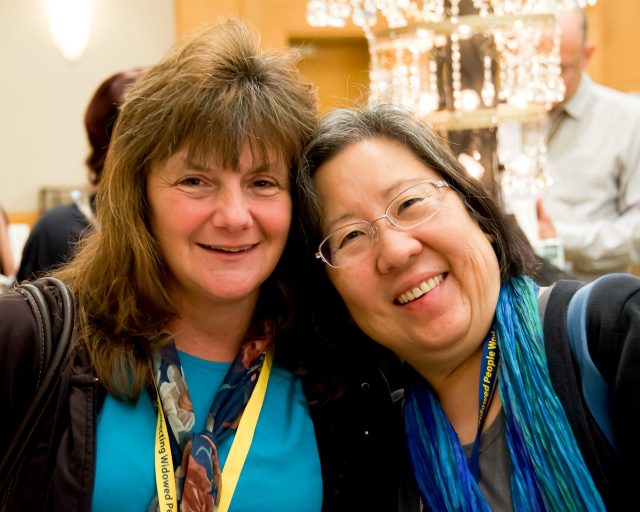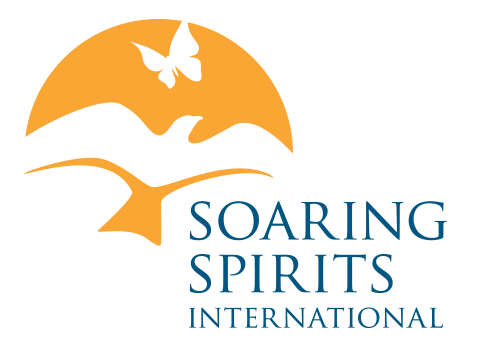 For decades the body of research regarding widowhood has been minimal. Where research does exist, the area of study is often narrow and the field of respondents providing feedback specific to an older demographic.
For decades the body of research regarding widowhood has been minimal. Where research does exist, the area of study is often narrow and the field of respondents providing feedback specific to an older demographic.
A further challenge has been that currently available assessments provide a framework for what resilient behavior looks like that does not resonate with widowed people. Assessments based on traumatic experience not specific to bereavement set expectations for post-loss behavior that is contrary to the healthy integration of bereavement into the lives of those who mourn.
When assessing bereaved individuals, the ongoing use of surveys created to assess general trauma feeds the implication through the crafted survey questions that ‘moving on’, ‘leaving behind’, ‘replacing losses’ and ‘not getting stuck’ are key elements to grief recovery. All of these concepts actively work against the bereaved’s natural tendency or instincts and contributes to setting unattainable expectations for the building of resilience. Not only does this practice hinder widowed people’s ability to grasp a definition of resilience that is achievable, but it also negatively influences the social conversation regarding grief recovery for those supporting widowed friends and family.
Conversations about death and grief are regularly avoided in many communities. This lack of conversation feeds ongoing misconceptions related to grief recovery and sets the stage for grievers to experience self-doubt, social isolation, and increases the incidents of complicated grief.
The Soaring Spirits Resilience Center research is showing that the ability to integrate the past, present, and future is one of the major indicators of increased resilience, healthy coping, and the development of grit and optimism.
Our Widowed Resilience Scale provides a model for what resilience looks like that resonates with those who are widowed and validates both their experience and their potential. Creating an assessment specific to the conjugal loss experience encourages participants to aspire to increase efficacy in the sub-categories of the scale, all of which feel valid, true, and authentic. Not only can they see themselves and their current level of competency in the survey questions, but they also see how far they’ve come and can recognize their progress.
Our ongoing research efforts will focus on the study of under-served populations within the larger widowed community and the development of assessment tools that will refine a definition of resilience as it relates to widowhood that encourages healthy integration and hope for the future.
